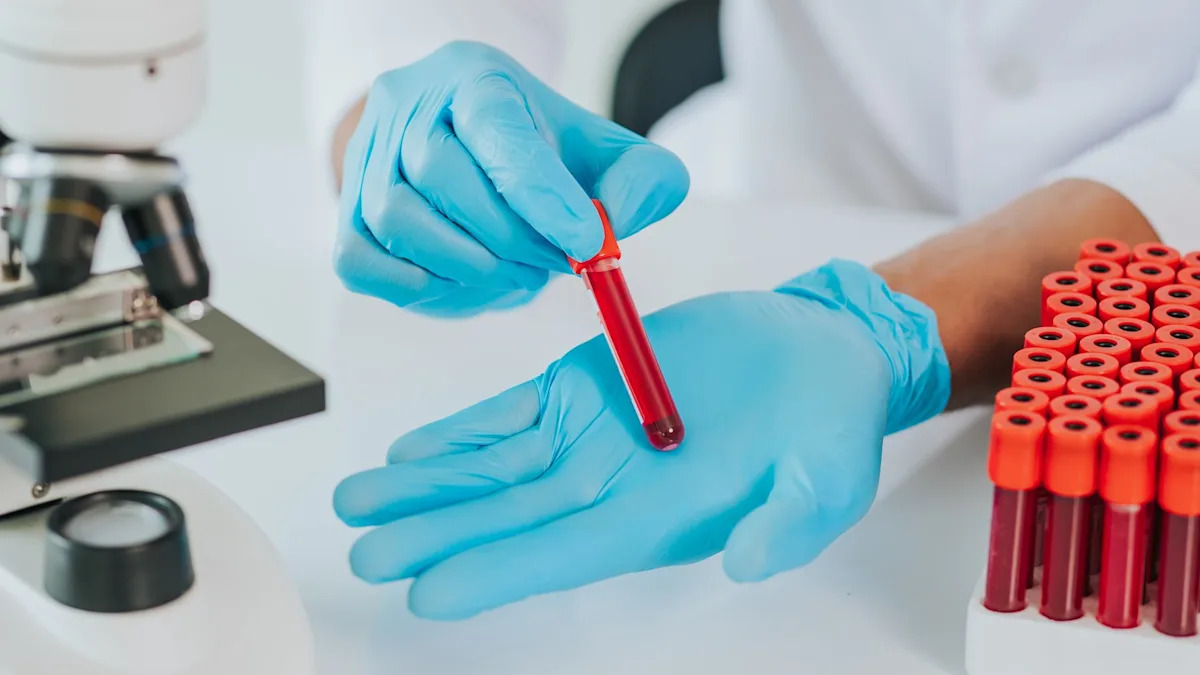Home / Health / Microplastics Detected in 80% of Human Blood, Linked to Heart Attacks and Strokes
Microplastics Detected in 80% of Human Blood, Linked to Heart Attacks and Strokes
7 Oct
Summary
- Microplastics found in nearly 80% of human blood samples
- Plastic particles linked to higher risk of heart attacks, strokes, and death
- Experts call for global emergency declaration and urgent regulatory action

As of October 8th, 2025, researchers are urgently warning about the widespread presence of microplastics in human blood and their potentially devastating health consequences. Recent studies have detected these tiny plastic particles in nearly 80% of blood samples and in every tissue and placenta tested.
The situation has become so dire that experts are calling for a global emergency declaration. "It's imperative to declare a global emergency," said Sedat Gündogdu, a microplastics researcher at Çukurova University in Turkey. The evidence is clear - these plastic fragments, which can cross the blood-brain barrier, are causing problems throughout the body, from the brain to the lungs.
A new study published in the Nature Reviews Cardiology journal found that patients with plastic fragments lodged in their carotid arteries faced a significantly higher risk of heart attack, stroke, and death. This alarming discovery has raised urgent medical concerns, as the global production of plastics is on track to double by 2030, further exacerbating the problem.
Despite the mounting evidence, regulation in the U.S. has barely progressed since the 2015 Microbead-Free Waters Act. Federal agencies have conducted studies and advisory committees, but no standards for exposure in consumer goods or air have been established. Experts warn that without national action, the health burden will continue to grow, especially for those who cannot afford experimental treatments to "cleanse" plastics from the bloodstream.
Some states are taking matters into their own hands, with California becoming the first to require microplastic testing in drinking water systems. Lawmakers in six other states are also considering bills to add microfiber filters to new washing machines, following France's example. However, these piecemeal efforts are not enough to address the global scale of the problem.
Experts emphasize that prevention is the safest, cheapest, and most equitable solution. Policy recommendations include adopting a national drinking-water standard for microplastics, closing loopholes for high-shedding items, and funding national biomonitoring efforts. As one expert wrote, "If private clinics can engineer columns that capture nanoscopic polymers, surely the most technologically advanced nation on Earth can engineer regulations that prevent those particles from entering our bodies in the first place."




